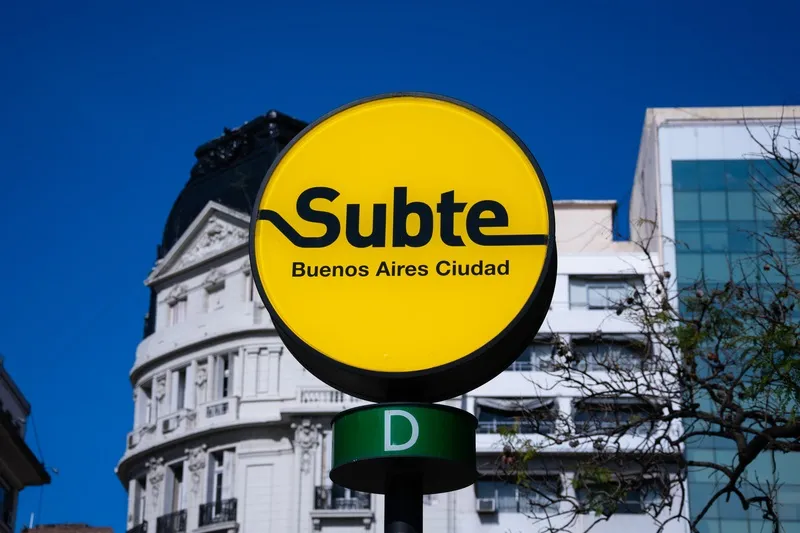Latin American countries are expected to invest some US$40 billion in metro projects by 2025, according to a report from the Inter-American Development Bank (IDB).
"In total, they will build or expand more than US$40bn in 20 projects," stated the report entitled Latin America and the Caribbean in 2025.
The report, Latin America and the Caribbean 2015, indicates that some of the projects include construction of line 3 and line 6 in Chilean capital Santiago's subway, expansion of Brazil's São Paulo met
April 22, 2014
Read time: 2 mins
Latin American countries are expected to invest some US$40 billion in metro projects by 2025, according to a report from the 5982 Inter-American Development Bank (IDB).
"In total, they will build or expand more than US$40bn in 20 projects," stated the report entitled Latin America and the Caribbean in 2025.
The report, Latin America and the Caribbean 2015, indicates that some of the projects include construction of line 3 and line 6 in Chilean capital Santiago's subway, expansion of Brazil's São Paulo metro line 2, construction of line 2 of Panama City's metro, expansion of Argentina's Buenos Aires line H, expansion of Mexico City's line 12 and construction of phase II of Ecuador capital Quito's US$15 billion subway project.
Aside from metro systems, the IDB expects a large-scale roll out of bus rapid transit (BRT) systems across the region. Some 60 cities in the region currently have BRT systems but this number is expected to "grow even more," to include emerging and intermediate cities.
The prevalence of non-motorised transport arrangements such as bicycle sharing or self-service systems are also expected to rise sharply by 2025.
The Mexico City Ecobici system currently reports some 30,000 journeys each day and 17 cities in the region are planning to introduce similar systems.
While public transport systems are expected to increase, so is the use of the car. The IDB predicts that Latin American cities will have roughly 140 million cars in 2025, an increase of 80 million from 2010.
"In total, they will build or expand more than US$40bn in 20 projects," stated the report entitled Latin America and the Caribbean in 2025.
The report, Latin America and the Caribbean 2015, indicates that some of the projects include construction of line 3 and line 6 in Chilean capital Santiago's subway, expansion of Brazil's São Paulo metro line 2, construction of line 2 of Panama City's metro, expansion of Argentina's Buenos Aires line H, expansion of Mexico City's line 12 and construction of phase II of Ecuador capital Quito's US$15 billion subway project.
Aside from metro systems, the IDB expects a large-scale roll out of bus rapid transit (BRT) systems across the region. Some 60 cities in the region currently have BRT systems but this number is expected to "grow even more," to include emerging and intermediate cities.
The prevalence of non-motorised transport arrangements such as bicycle sharing or self-service systems are also expected to rise sharply by 2025.
The Mexico City Ecobici system currently reports some 30,000 journeys each day and 17 cities in the region are planning to introduce similar systems.
While public transport systems are expected to increase, so is the use of the car. The IDB predicts that Latin American cities will have roughly 140 million cars in 2025, an increase of 80 million from 2010.









